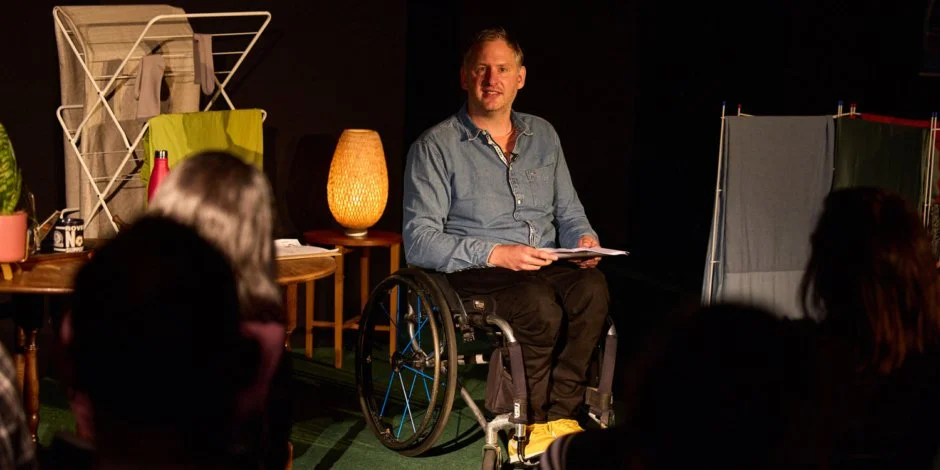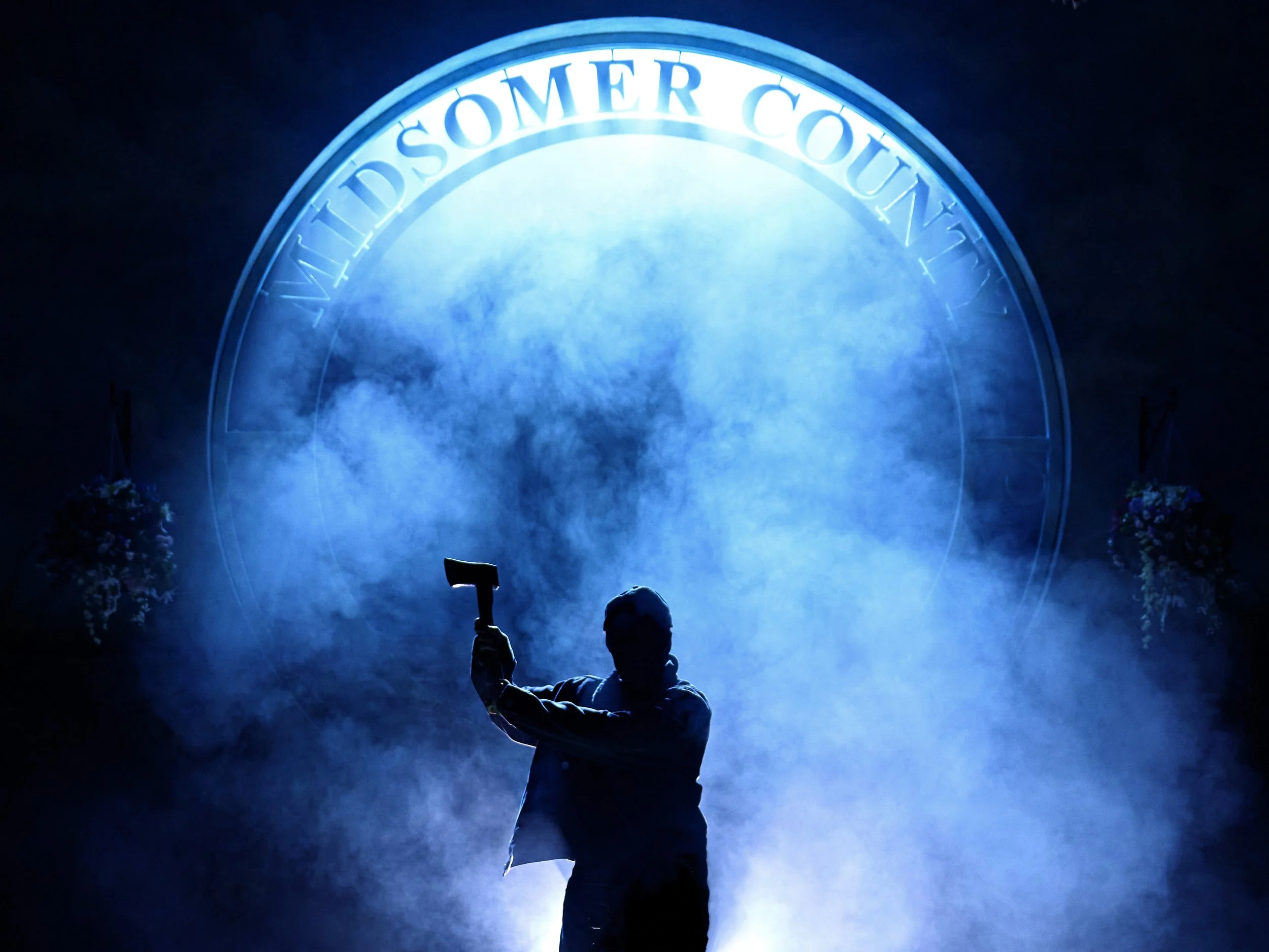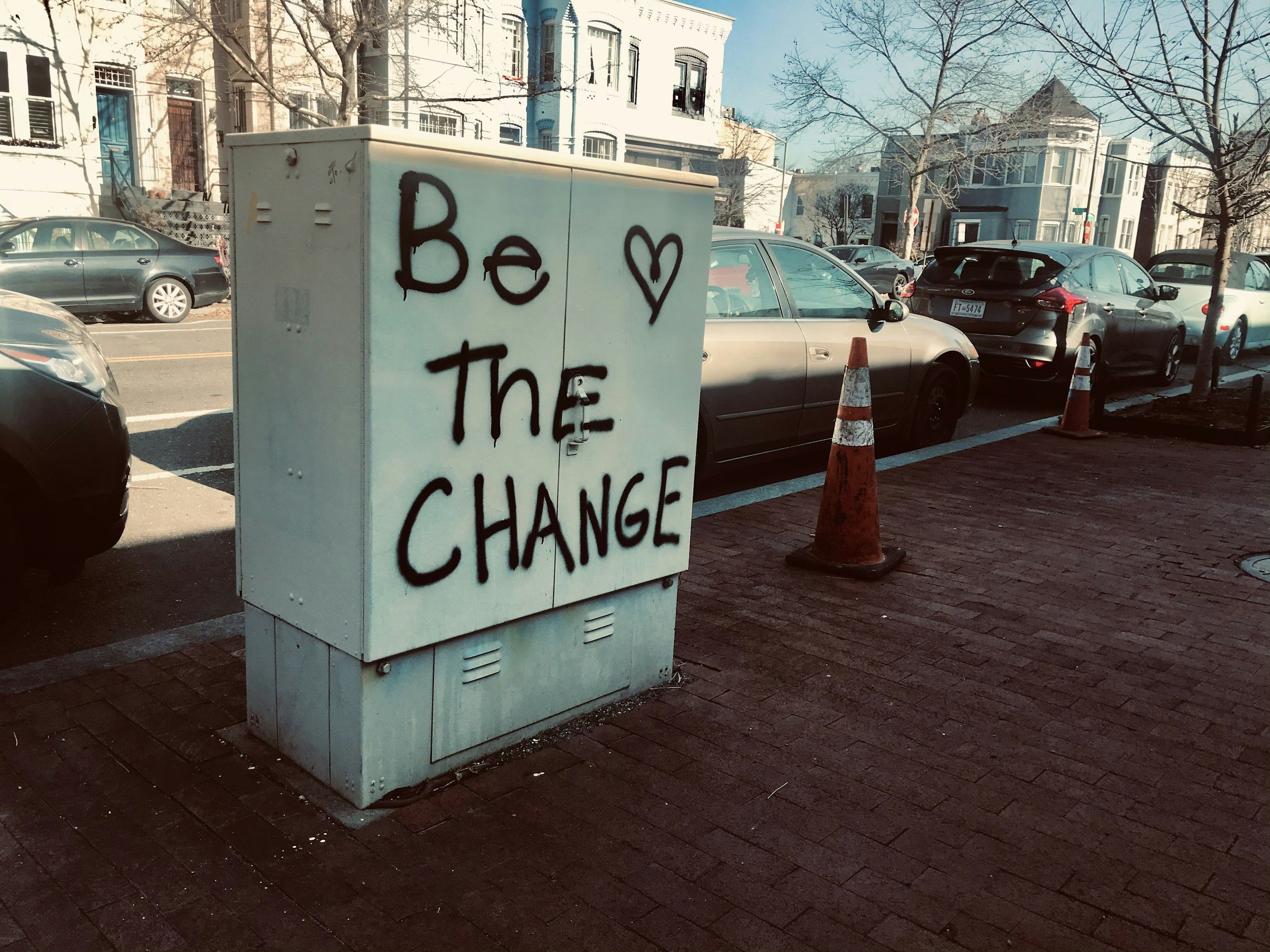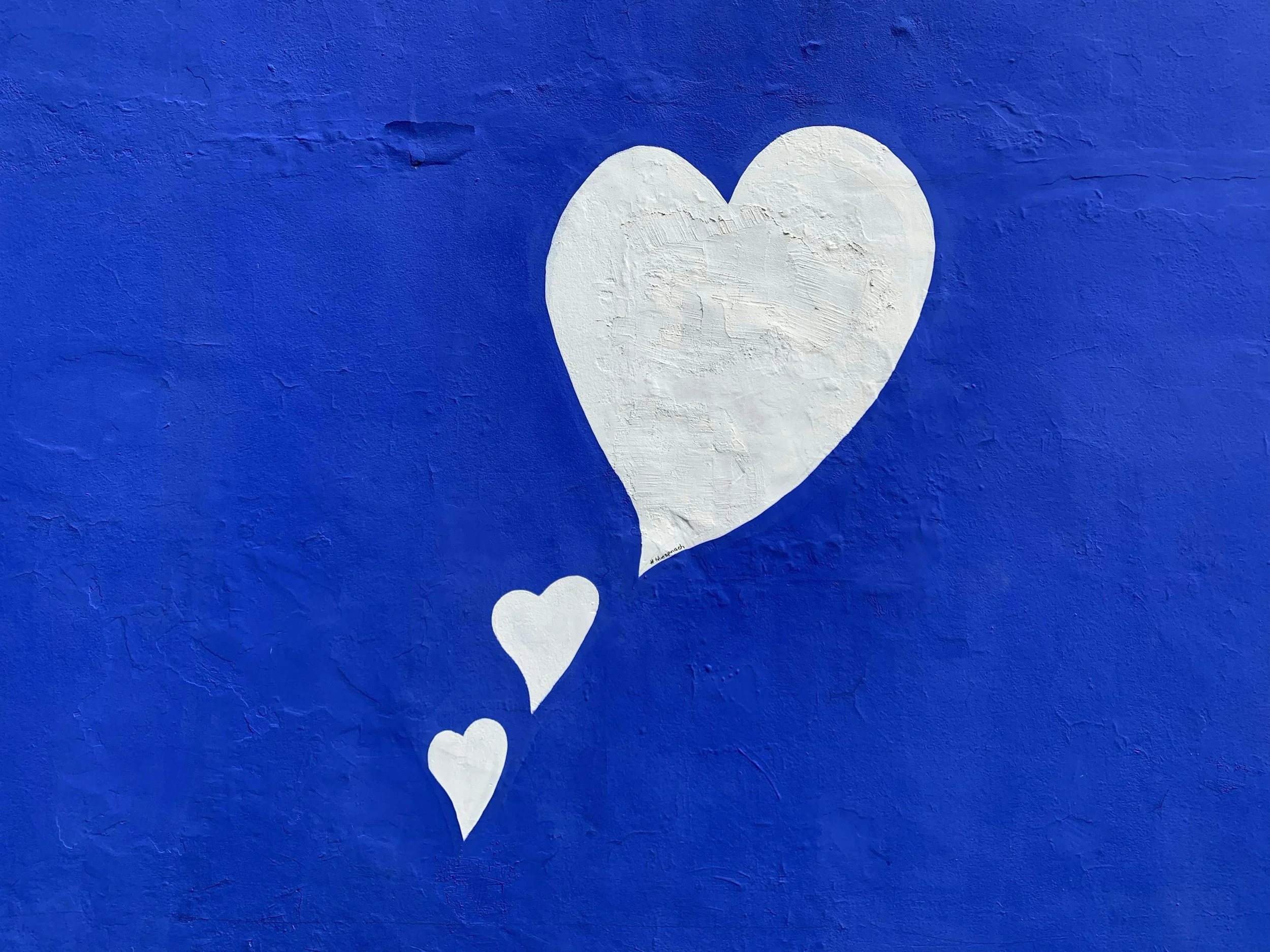Colonisation And Racism In The UK
GEN Z’s get a lot of complaints these days - whether we're dismissed as sensitive, shallow snowflakes or flat out told we're 'too young to make a real change’. These accusations have been levelled at the youth since time immemorial, and yet these seem distinctly vital with the bulk of Gen Z activism - which is maybe due to the (arguably recent) popular understanding of intersectionality.
As a British Indian female, I know first hand that as a Gen Z from an ethnic background you experience even worse dismissal. Many think racism is getting better and that we are healing, but the truth is we have a long way to go before we truly become an anti-racist society.
Experiences, especially photographic ones speak volumes to the masses, and in recent months we witnessed the heartless slaughter of George Floyd, Breonna Taylor and many more innocent individuals, which for many has been a reminder of the brutal and aggressive continuity of white supremacy, sustained through global power structures.
This awareness has helped us stand up to this oppressive system we’ve been subjected to all our lives, as experiences both public and personal contributions to the bigger racial battle we're up against.
My lived experience of racism may be different to some people's, but having heard my fair share of slurs and faced constant degradations every time I tan in the summer I believe an awareness of the pervasiveness of racism brings clarity to so many microaggressions I have survived.
A wider consciousness about injustice and allyship is still burgeoning, and in previous years has been ignored. To plainly quote the words of Yomi Adegoke ‘Colourism is a seed that was planted by white supremacy’, and I want all of us to fight this insidious seed through solidarity and resistance.
I would like to shed light on this prevalent practice of discrimination in both mainstream media and in India and other Asian countries. Colourism is such an ingrained doctrine affecting everyday life with roots tracing back to colonialism and its formation of the socioeconomic division. Colonisation embedded the idea that light-skinned people were the ruling class and that their darker-skinned counterparts were the subjects.
Colonised people were forced to pander to the biases of the white settler population, whose approval was used as a means of control. These harsh imperialist legacies have left a stain on modern societies and the self-perception of ethnic people globally.
So how does this fit with our wider generational struggle against white supremacy?
As a teenager in London the mainstream worldview I am exposed to seems Eurocentric, and yet the struggles of people of colour (POC) throughout the world, including my native country, is inherently tied to our collective struggle for the liberation of identities.
Extending solidarity to each other as oppressed people is vital for a true overthrow of the white supremacist system, and I have seen no generation so apt for creating change as Gen Z. With social media accelerating change, I am hopeful for our generation and future generations to come.
Help us keep the City Girl Network running by supporting us via Patreon for the price of a cheap cup of coffee- just £2 a month. For £3 a month you can also get yourself a Patreon exclusive 10% off any of our ticketed events! You can also support us by following us on Instagram, and by joining our City Girl Network (city-wide!) Facebook group.
Written by Emily R Murray
Follow us on Twitter and Instagram share your stories with us at this.is.impt@gmail.com












